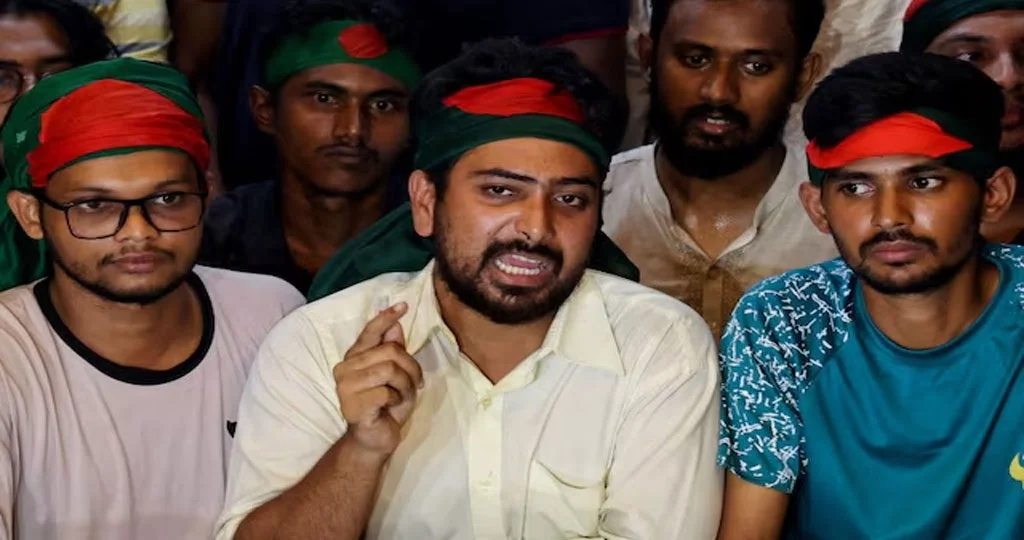Sheikh Hasina must face trial: Nahid
Share on:

In a recent interview with Reuters, Nahid Islam, an advisor to the interim government and a key figure in the anti-discrimination student movement, called for former Prime Minister Sheikh Hasina to face trial upon her return to Bangladesh. Islam's comments come in the wake of recent violent clashes and growing demands for justice.
Islam expressed a strong desire to understand why Sheikh Hasina left Bangladesh. "We will demand justice for the murders that took place during Sheikh Hasina’s tenure," he stated. "This is one of our demands. If she doesn’t return, we will continue to pursue this issue."
The advisor emphasized that the interim government is deliberating on how to proceed with potential legal actions against Hasina, whether through the regular judicial system or a special tribunal. "We want to arrest her. The method of how this will be executed is still under discussion," he added.
Nahid Islam also highlighted the interim government’s focus on ensuring free and fair elections and investigating alleged corruption in the previous administration. He noted that electoral and constitutional reforms are necessary before any elections can be held, leaving the timing of the next polls uncertain.
When asked about his own political ambitions, Islam remarked, "What I will do next will depend on the people of Bangladesh."
Islam also commented on the relationship between India and the Awami League, accusing India of aligning more with Hasina’s party rather than with the Bangladeshi populace. "We want friendly relations with India," he said. "India needs to reassess its foreign policy, or it will become a problem for the entire South Asia region."
Another student leader, Abu Bakr Majumdar, echoed Islam’s sentiments, urging for Hasina's return to face justice.
The student movement, which began in mid-June over government job quotas, escalated after the government’s crackdown on protesters. On July 17, the violent suppression led to the deaths of six students and civilians, including Abu Saeed in Rangpur. The unrest subsequently intensified into a broader anti-government movement, prompting Sheikh Hasina to flee the country on August 5 amidst widespread public protests.

